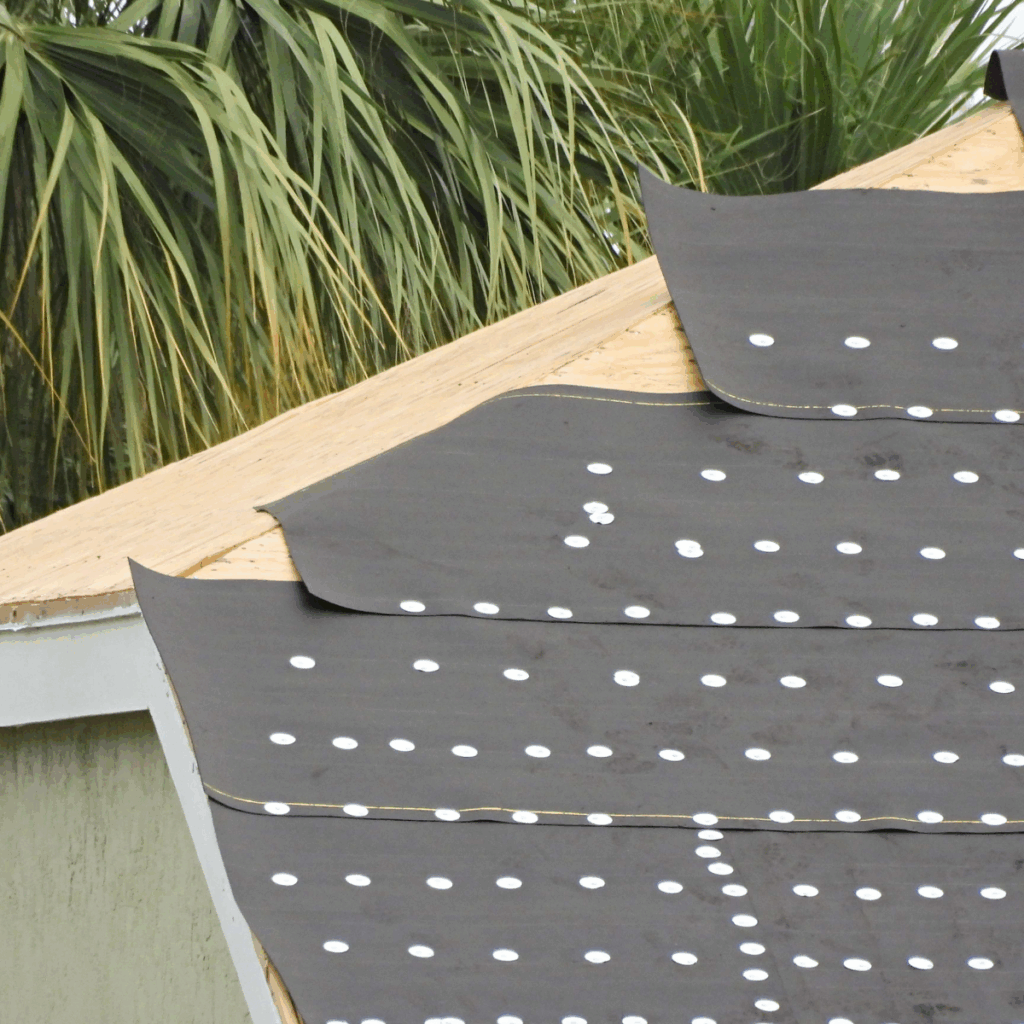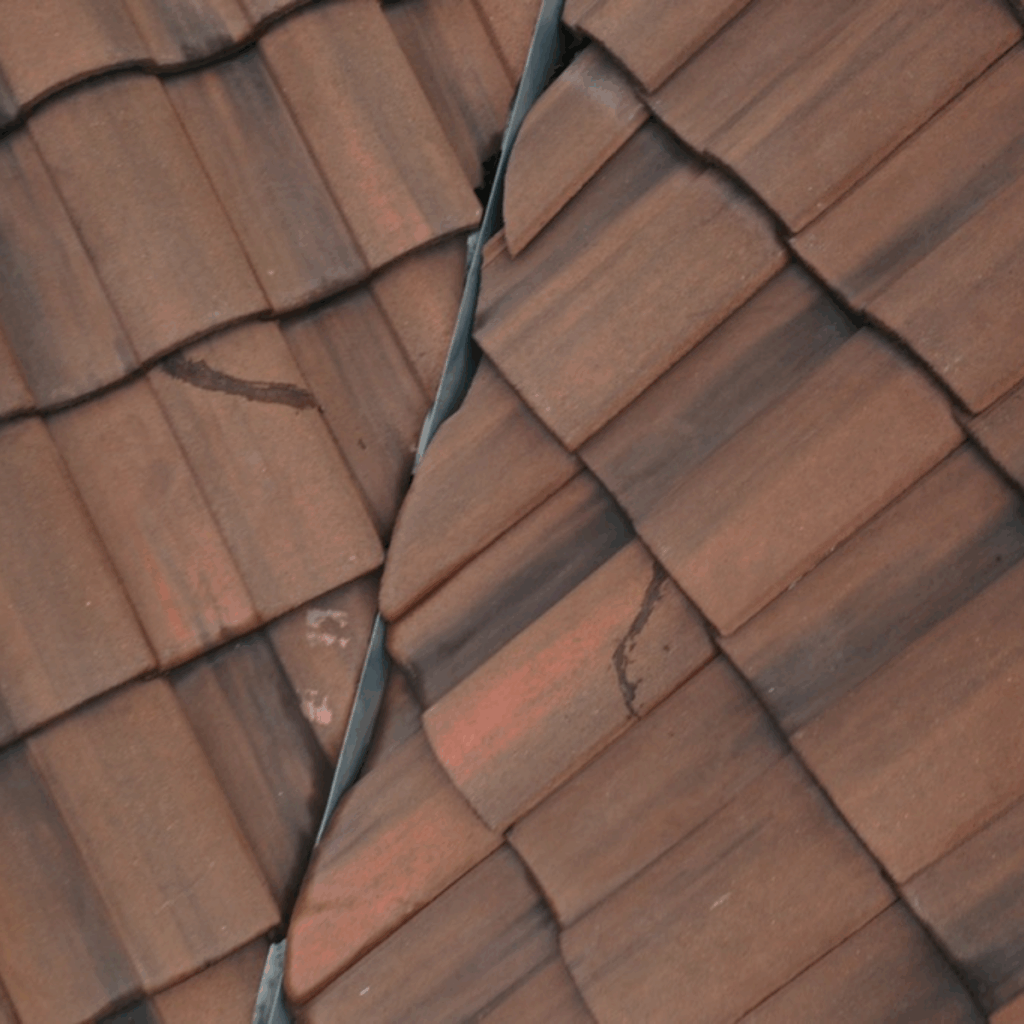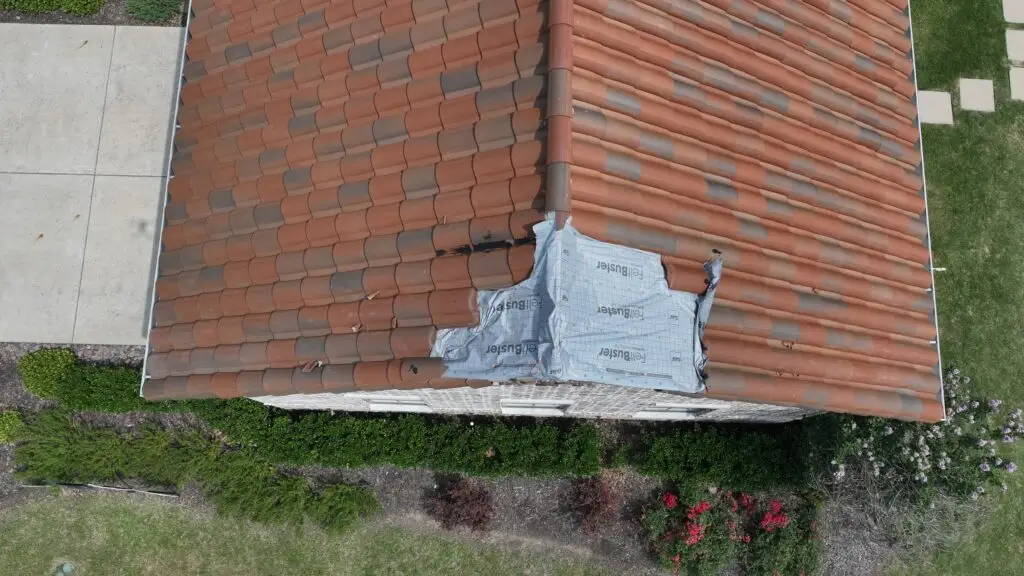When it comes to tile roofing, most homeowners focus on choosing between clay or concrete tiles. But there’s another layer—often unseen—that plays a critical role in the performance and longevity of your roof: the underlayment.
Whether you’re installing a brand-new tile roof or re-roofing an older home in Dallas–Fort Worth, Tyler, or Longview, choosing the right underlayment is essential for protecting your investment—especially in Texas’ hot, storm-prone climate.
At Shepherd Tile Roofing, we specialize in complete tile systems, including premium underlayment options designed for decades of protection.
What Is a Roof Underlayment?
Underlayment is a protective layer that goes between the roof deck (usually plywood or OSB) and the tile material itself. It serves as a secondary water barrier—and in the case of tile roofs, it’s often more important than the tile when it comes to waterproofing.
Why? Because tile roofing is a ventilated system. While tiles shed water, wind-driven rain can still enter underneath. That’s where the underlayment does its job, keeping water out of your home’s structure.
Why Underlayment Matters in Texas
Texas homes, especially in DFW and East Texas, are exposed to extreme weather:
- Intense UV and heat
- Heavy downpours
- High winds and hail
Tile roofs are durable, but if the underlayment fails, water can seep through and cause damage to your home’s decking, insulation, and interior.
A high-quality underlayment:
- Extends the life of your roof
- Prevents leaks
- Improves energy efficiency (Read More About The Benefits of Installing a Tile Roof ->)
- Protects the value of your property
Check out this blog post about How Long Does a Tile Roof Last? ->
Best Underlayment Options for Tile Roofs

Here are the top-performing underlayments we recommend for tile roofing systems in Texas:
1. High-Temp Peel and Stick (Self-Adhered Underlayments)
Best for: Premium clay or concrete tile roofs in high-heat areas
These self-adhering membranes are extremely durable and ideal for hot, sloped roofs—like many homes in Dallas and East Texas. They are UV-resistant, waterproof, and offer superior adhesion to the roof deck.
Benefits:
- Excellent water and heat resistance
- Long service life (up to 30 years)
- Ideal for low-slope areas under tile
- Recommended in fire-prone or storm-prone regions
Popular brands: Boral TileSeal®, Polyglass®, GAF WeatherWatch®
2. Synthetic Underlayments
Best for: Standard clay or concrete tile installations with good attic ventilation
Synthetic underlayments have become the go-to solution for many tile roofing projects. They are lighter and stronger than traditional felt, with high tear resistance and better walkability for roofers.
Benefits:
- Lightweight but extremely durable
- Mold and moisture-resistant
- UV-resistant for extended exposure during installs
- Fast installation, reducing labor costs
Popular brands: Tiger Paw™, Deck Armor™, Owens Corning ProArmor®
3. Double-Layered ASTM 30# Felt
Best for: Budget-conscious re-roofing projects
While not as advanced as synthetic or self-adhering options, ASTM 30# organic felt is still a reliable choice for shorter-term performance, especially when installed in double layers.
Benefits:
- Proven performance
- Widely available
- More affordable upfront
We recommend double-layered felt only for dry climates or short-term solutions—not ideal for the humid, stormy seasons in East Texas.
Our Recommendation: Layered Protection Built to Last
At Shepherd Tile Roofing, we tailor every underlayment system to your specific home. We consider:
- Slope and pitch of your roof
- Attic ventilation
- Type of tile (clay, concrete, or slate alternative)
- Local weather conditions
For most Texas tile roof installations, we recommend a self-adhering high-temp underlayment in valleys, penetrations, and eaves, combined with synthetic underlayment across field areas. This hybrid approach provides maximum protection and cost efficiency.
Need a Tile Roof Inspection?

If your tile roof is over 20 years old—or if you’re seeing signs of leaks, cracked tiles, or flashing failure—it may be time to assess the condition of your underlayment.
Check out our latest blog on Common Causes of Tile Roof Leaks ->
📍 We proudly serve Dallas–Fort Worth, Plano, Waxahachie, Tyler, Longview, and surrounding areas.
📞 Call Shepherd Tile Roofing at (972) 256-8817
🌐 Visit www.shepherdtileroofing.com

